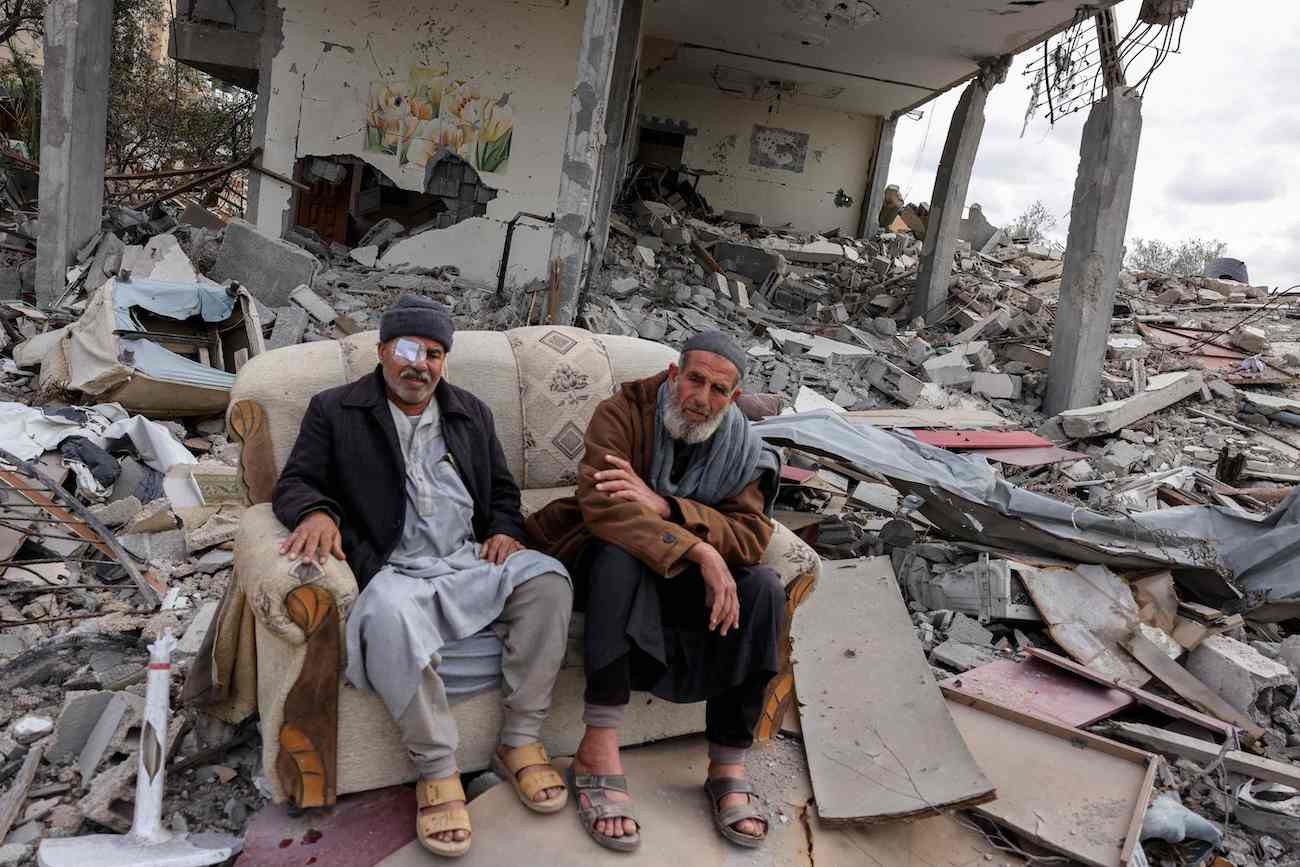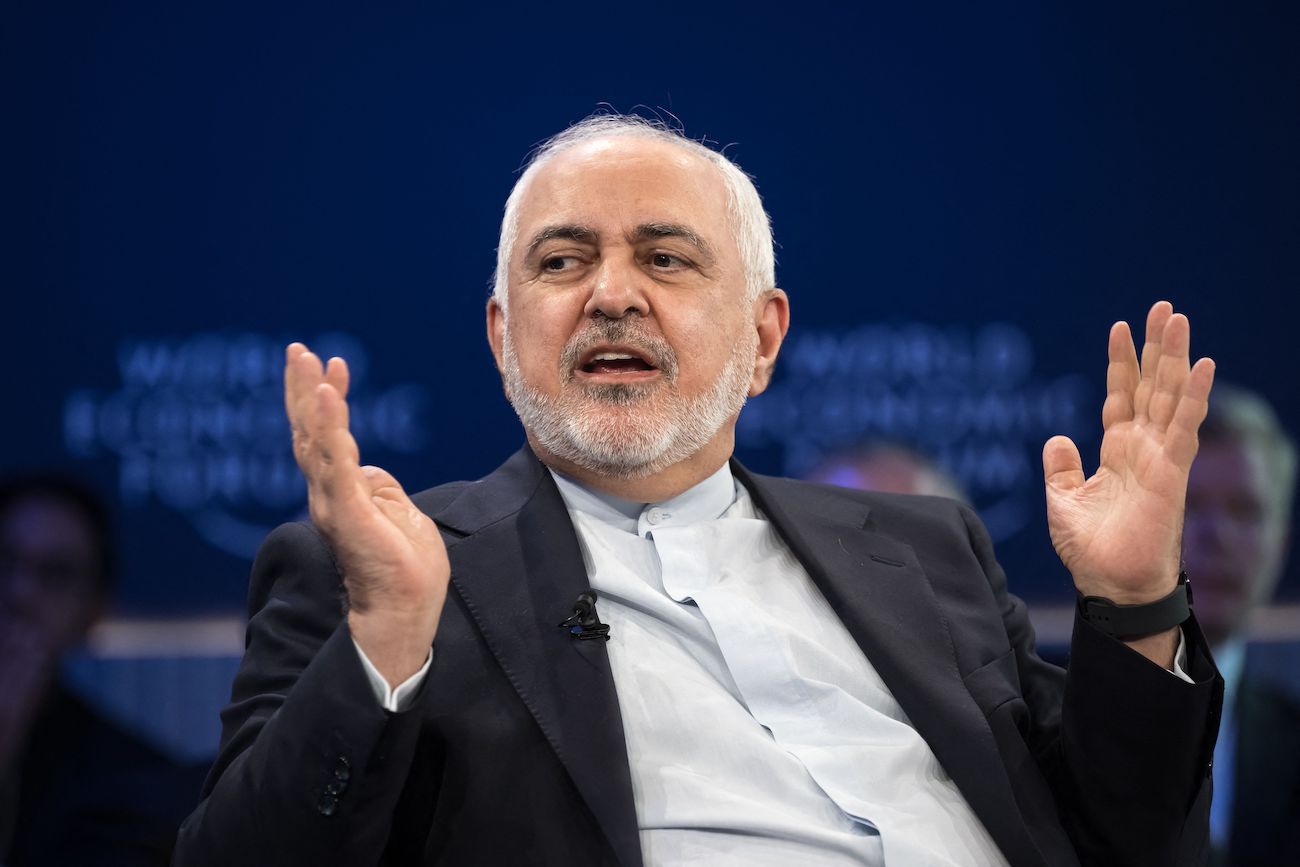BEIRUT: The Israeli army is continuing its aggressive operations, causing devastation in the Lebanese border region.
Israeli booby-traps were found on Saturday while explosions were heard in Odaisseh and Rab Al-Thalathine.
The attacks sent tremors through neighboring towns, causing residents to believe an earthquake had struck.
The sound of explosions could be heard in Marjayoun and Nabatieh.
Activists on social media shared images showing a great strip of explosions, fire, and smoke caused by explosions along the border in the eastern sector.
The extent of the destruction in the border region remains unclear as access to the affected area presents a challenge following Israel’s complete displacement of residents and the prohibition of entry due to military action.
The Israeli army said that “the explosions in the north are a result of our forces’ operations in southern Lebanon,” adding that “there is no fear of a security incident.”
Israeli sources added: “Authorities confirm that there was no earthquake in the Galilee, but rather explosions from the army in southern Lebanon activated the seismic monitoring devices.”
Clashes were continuing as the 13th relief plane operated by the Saudi aid agency KSrelief arrived at Beirut’s Rafic Hariri International Airport on Saturday, carrying essential humanitarian supplies including food and medical aid.
Officials said the initiative reflected “the humanitarian role of Saudi Arabia in supporting the Lebanese people during various crises and hardships.”
A month has passed since the expansion of Israel’s war against Lebanon under the pretext of pushing back the Iran-backed Hezbollah north of the Litani River and returning Israeli settlers to their homes.
The Israeli army claimed that it had “found a tunnel underground and raided houses used as Hezbollah weapon and ammunition depots.”
Political analyst Ali Al-Amin told Arab News: “The Israeli army’s land incursion focuses on Hezbollah’s tunnels, and the nature of the explosions proves so.
“The Israeli army had previously bombed buildings in Mhaibib, and we did not witness such tremors because the operations were above ground.”
He added: “The Israeli incursion depends on its costs. If the cost is high, it will stop. There’s also the time factor.
“It is obvious that the Israeli incursion went beyond Aita Al-Shaab, for instance, and reached other towns across from Aita Al-Shaab.
“It seems as if the Israeli army is imposing an implicit blockade on the towns where the incursion was difficult, so it can return later after it depletes Hezbollah’s power, especially since the militant group’s supplies had been cut off.”
Al-Amin pointed out that “the Israeli army had previously occupied southern Lebanon in the 1970s and 80s without destroying towns and displacing its residents in advance, which means that the Israeli army seeks a fully burned land and a burned border strip in which all of Hezbollah’s infrastructure is destroyed.”
He added: “So far there are no opportunities for an agreement, settlement, or de-escalation.
“I think that the decision-making in Lebanon is largely in the hands of Israel, with certain red lines established by the US, particularly concerning the airport and the capital Beirut.”
Israeli airstrikes in the southern region on Saturday resulted in the deaths of several civilians in the Sidon district.
Five members of the Abouria family, including women and children, were killed in an attack on the town of Tuffahata in the Sidon district.
A paramedic was killed and 12 others injured in an airstrike on a health center in Al-Bazourieh, while two brothers from the Hamada family were killed after their home in the town of Al-Duwair was targeted by an airstrike, and a raid on Al-Shaitiya resulted in the deaths of three people.
Raids also targeted residences in the towns of Kfar Remen, Mayfadoun, Burj Al-Shamali in the Tyre district, Tayr Debba, Ansar, Mount Al-Rayhan Heights, Bissariyeh, Ansar, Bedias, and the city of Nabatieh, where several targets were hit including the Nabatieh Vocational School building where displaced families were taking refuge.
Phosphorus artillery shelling targeted the outskirts of the towns of Halta and Wadi Khansa, and ignited fires in the Majdal Zone and Chamaa, while Yahmar Al-Shaqif was targeted by internationally prohibited cluster bombs.
Up to Friday night in the Baalbek-Hermel region and central Bekaa, the total number of strikes had reached 961 and resulted in the deaths of 427 people and injuries to 988 others.
Hezbollah said on Saturday that it had launched a drone attack on Israel’s Tel Nof Airbase south of Tel Aviv and targeted an intelligence base in northern Safed with rockets.
Its statement said it had targeted “the Kiryat Shmona settlement and an Israeli military gathering in the vicinity of Aita Al-Shaab.”
The group also targeted a military assembly in the Masharifa area in Ras Al-Naqoura and a gathering of soldiers in Shlomi.
Explosions and airstrikes targeting residential areas in the populated towns of the southern region, as well as in the southern suburbs of Beirut and the Bekaa Valley, were accompanied by the release of odors following each bombardment.
Warnings regarding these gasses have been disseminated through social media alerts by individuals who experienced the events.
Israeli airstrikes on Friday targeted Haret Hreik, Burj Al-Barajneh, and the vicinity of Al-Laylaki in the southern suburbs of Beirut and followed an Israeli warning to evacuate buildings.
An Israeli army spokesperson said that “sites (used) for the production of weaponry and the intelligence headquarters of Hezbollah in the southern suburbs of Beirut were targeted.”
Meanwhile, Andrea Tenenti, the spokesperson for the UN Interim Force in Lebanon, confirmed on Saturday that units of the peacekeeping force were remaining in their positions south of the Litani River.
He said that peacekeeping soldiers were continuing their primary mission of monitoring the situation on the ground and reporting on developments, despite facing challenges.
He added: “When we say we are in our locations, we mean every one of these sites.”
UNIFIL on Friday announced that its soldiers had “withdrawn, two days ago, from an observation post in the border town of Dhahira in the western sector to avoid injury after the Israeli army deliberately fired upon it while peacekeeping soldiers were observing Israeli army soldiers carrying out clearing operations in nearby homes.”





































